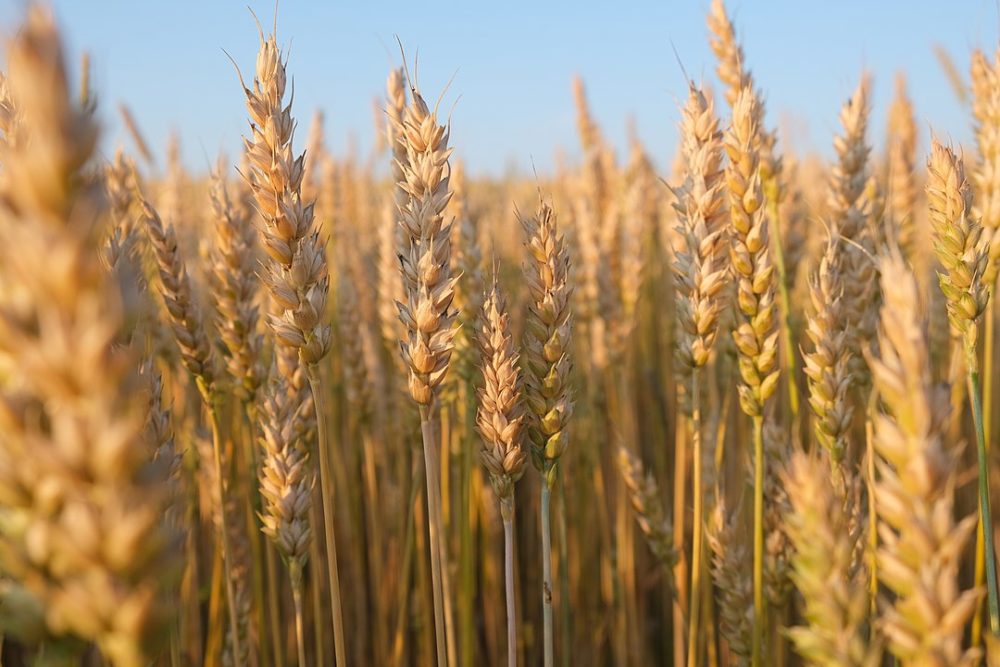20,000 people in Wales unknowingly living with an undiagnosed autoimmune disease

This May is Coeliac Awareness Month and the campaign from charity Coeliac UK aims to highlight the importance of knowing the symptoms and risk factors, encouraging people who recognise the symptoms in themselves or their child to get tested.
A simple blood test is the first step, and the earlier a diagnosis can be made, the more likely people are to prevent possible future health complications that could include osteoporosis, recurrent miscarriage and small bowel cancer or intestinal lymphoma.
There’s an estimated 20,000 people in Wales who are living with undiagnosed coeliac disease – a serious autoimmune condition affecting 1 in 100 people, yet only 36% of those affected in Wales are medically diagnosed.
Health complications
When people with the condition eat gluten – a protein found in wheat, barley and rye – their body attacks its own tissues.
If left untreated, it can cause gut damage and serious health complications, however, those who get diagnosed often see a swift improvement in physical and mental wellbeing.
In its campaign, Coeliac UK highlights that coeliac disease can be different for everyone – with symptoms4 ranging from gut issues to neurological complications.
Struggle
People with undiagnosed coeliac disease can struggle for years with unexplained symptoms causing a negative effect on physical health whilst also causing anxiety and depression.
Once diagnosed, most people with coeliac disease can start on the road to recovery, and often see very swift improvements in their symptoms and a sense of relief leading to improved mental health.
Case study: Trudy, 54, from Wales, often woke up in the night with a sore tummy, though by morning, the discomfort would vanish, leading her to shrug it off.
However, around the age of 12 or 13, alongside these nocturnal pains, she began to experience gynaecological issues.
She said: “When I used to wake up at night with a painful tummy, I now realise that it could have been a high gluten day. Then when I started to get gynaecological issues, I put it down to irritable bowel syndrome, but this wasn’t really spoken about back then.”
A biopsy yielded a diagnosis of stress-related issues, with Valium prescribed as a remedy. However, years of frustration and pain persisted until she sought help from another doctor, who referred her to a GP specialising in coeliac disease.
Trudy emphasises the importance of mentorship in the journey to diagnosis and management: “If I didn’t have that referral, I might still be dealing with uncertainty and misdiagnosis, potentially relying on medication that didn’t address the root cause.
When I was diagnosed, I contacted Coeliac UK who put me in touch with a mentor who was lovely and helped me with advice that you don’t know about initially – this made it easier for me transitioning to a gluten free diet. I am now a mentor myself.”
The first step recommended by Coeliac UK for those seeking answers around their unexplained symptoms, is to take its quick and easy self-assessment. This online questionnaire, based on the NICE guidelines, will confirm whether the individual is recommended to speak with their healthcare professional about getting tested and gives people a letter to take to their GP to help with the process.
The self-assessment is available at: www.isitcoeliacdisease.org.uk
Coeliac UK is keen to stress that people should not cut gluten out of their diet without first being tested for coeliac disease.
This is because gluten must be in the diet for the body to produce antibodies that are measured in the blood test.
Removing gluten from the diet risks a potential false negative result and removing gluten from the diet is not considered healthy unless someone has a diagnosed issue with gluten, an intolerance, allergy, or coeliac disease.
Commitment
Hilary Croft, Coeliac UK CEO, commented: “Coeliac UK is committed to finding the 20,000 people in Wales with coeliac disease that are yet to receive a medical diagnosis.
“When someone finally gets an answer to the cause, the positive changes can be momentous – for both their physical health and mental wellbeing.
“It is so important that we raise awareness of coeliac disease so we can improve diagnosis and get those with undiagnosed coeliac disease on the road to recovery.”
For more information about Coeliac Awareness Month, visit: https://www.coeliac.org.uk/get-involved/awareness-month-2024/
Support our Nation today
For the price of a cup of coffee a month you can help us create an independent, not-for-profit, national news service for the people of Wales, by the people of Wales.






